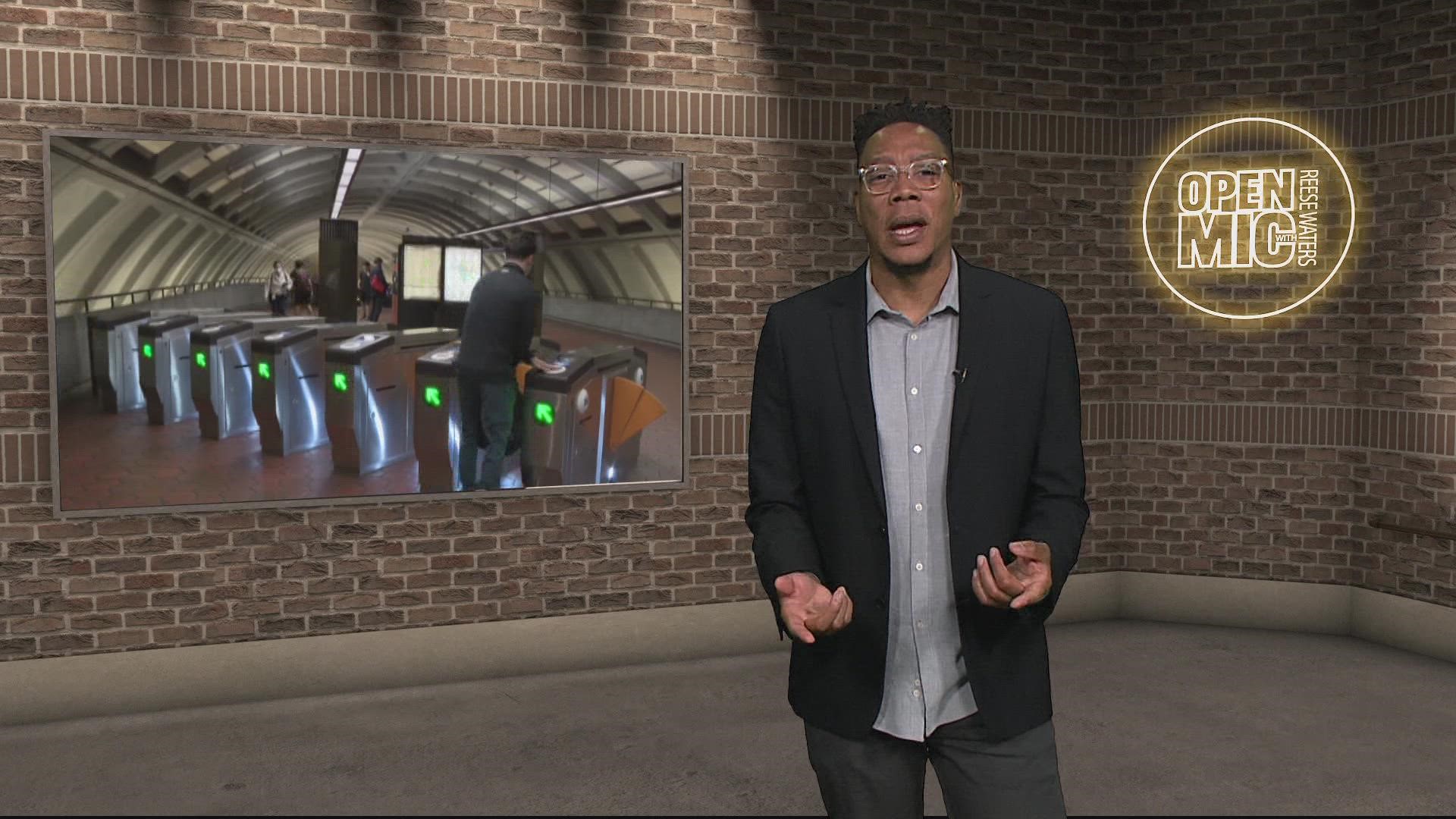WASHINGTON — The second audit of WMATA by the Washington Metrorail Safety Commission (WMSC) in two months has again shown an inadequate level of training, as well as infrastructure issues in their latest report.
The WMSC audit dug into Metro's station maintenance, elevator and escalator practices and, in total, issued nine "corrective action plans" regarding what the transit agency needs to fix.
The plans center around water intrusion discovered near electrical infrastructure, personnel who have been working on equipment they aren't trained for, and other generally lacking training procedures.
WSMC specified that the water intrusion contributes to damage and deterioration of structures and more, which manifests in safety risks.
"The audit demonstrates that Metrorail has ongoing, funded long-term plans for elevator and escalator rehabilitation and replacement and that Metrorail’s Elevator and Escalator (ELES) Department’s engineering and maintenance groups generally coordinate with each other and with training instructors," they said in the report.
A list of issues arose during the audit regarding elevators and escalators, which included:
- Metrorail's Elevator and Escalator (ELES) Supervisors, were not completing all aspects of required QA checks.
- Metrorail didn't ensure that ELES personnel sign in on log books as required by WMATA SOP to ensure their safety.
- Metrorail didn't clearly define what ELES personnel were authorized to do or prohibited from doing.
- Metrorail didn't reviewed its ELES standard operating procedures on a regular basis as required by WMATA policy.
"However, this audit also demonstrates that there are additional areas where Metrorail is not meeting its own written requirements, does not have adequate procedures, processes or requirements, or does not have adequate training, coordination and supervision."
The scope of the audit includes Metrorail's station escalator programs, maintenance, and elevators.
WMSC said they used in-depth interviews and site visits as well as document and data reviews to compose their audit report.
The recommendations in the audit relate to opportunities for Metrorail to improve safety by formalizing procedures to make sure certain escalators are regularly operated opposite their normal direction when safe to do so and taking actions to match ELES training instructor job requirements to the day-to-day experiences.
WMATA is required to present a Corrective Action Plan (CAP) for each finding and to respond to each suggestion no later than 30 days after the issuance of the report.

